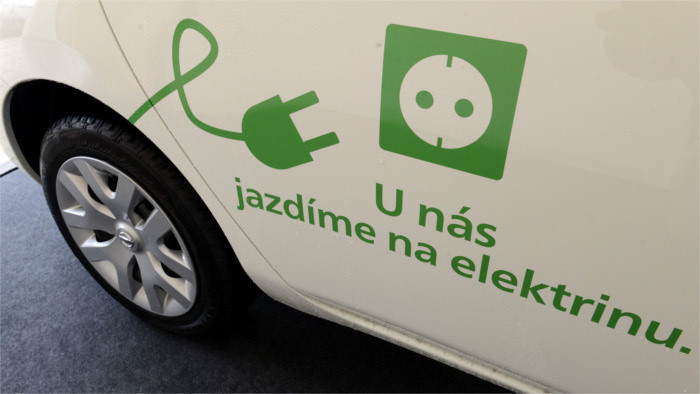In order to maintain a strong automotive industry in Slovakia, it's therefore natural to play a part in pan-European efforts to produce batteries which will become an essential part, not only of electric cars, but also of tomorrow's entire low-carbon economy. European Union Energy Commission Vice-President Maroš Šefčovič said this while attending the second high-level European Alliance for Batteries meeting. The aim of the discussions at the meeting were to strengthen the Member States' political commitments to mass produce batteries of larger capacities in the EU, to discuss initiatives in this field, including cross-border projects, and to identify and utilise financial support.
Speaking to TASR, Šefčovič pointed out that there is also a chance for Slovakia to get involved in this process. He explained that after 2025, the commercial battery market will have an annual turnover of around €250 billion due to the increase in electric vehicles, hybrid vehicles and home energy storage solutions. "For Slovakia, this should be a natural ambition, given that we produce more than a million cars each year. In ten years, a third of the cars produced should have major electrical components, so it is natural that we shouldn't import these components from abroad, but rather be able to produce them here in Slovakia," said Šefčovič, who is also in charge of the battery alliance in the EU.
He explained that he was already familiar with plans for a future battery 'gigafactory' to potentially be established in Slovakia. Europe will need ten to twenty such gigafactories producing batteries to be able to meet future demand. According to him, such a factory could be built as part of a geographical triangle among the largest car manufacturers near Nitra. "We will see how this will develop, but it should be a concerted effort by the government, research institutes and universities to work closely with automakers on how to set up mechanisms to draw financial support that can come from both European and state levels," he explained.
The European Investment Bank (EIB) joins the European-level game and wants to come forward in the next few weeks. According to Šefčovič, the focus should also be on how to reprogram some European funds. In terms of national budgets, state aid should be allowed. The next European Battery Alliance will be held in Brussels on the 23rd of February within the framework of the EU Industrial Day. At this time Šefčovič will present this initiative to the European Parliament (EP).


